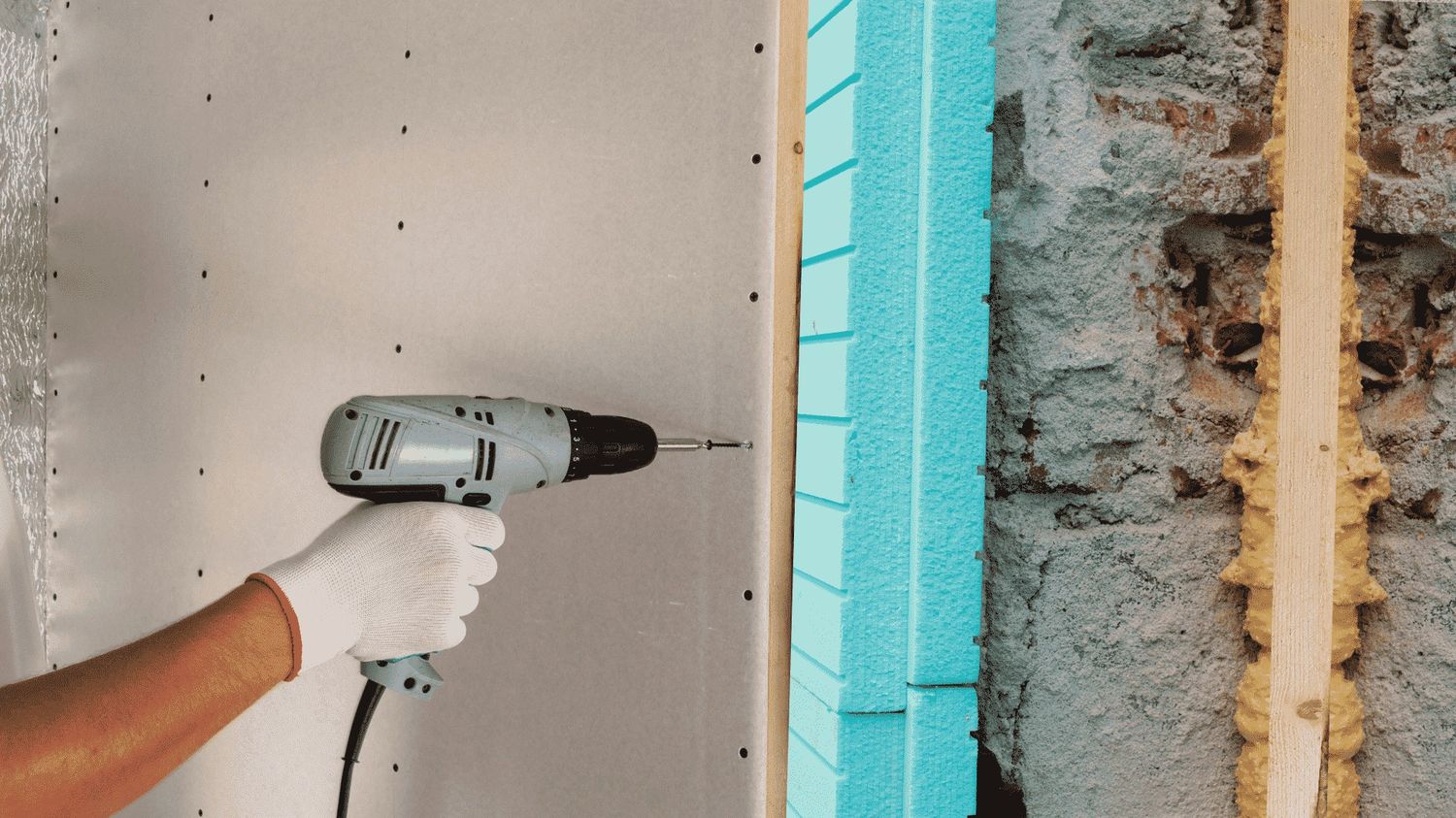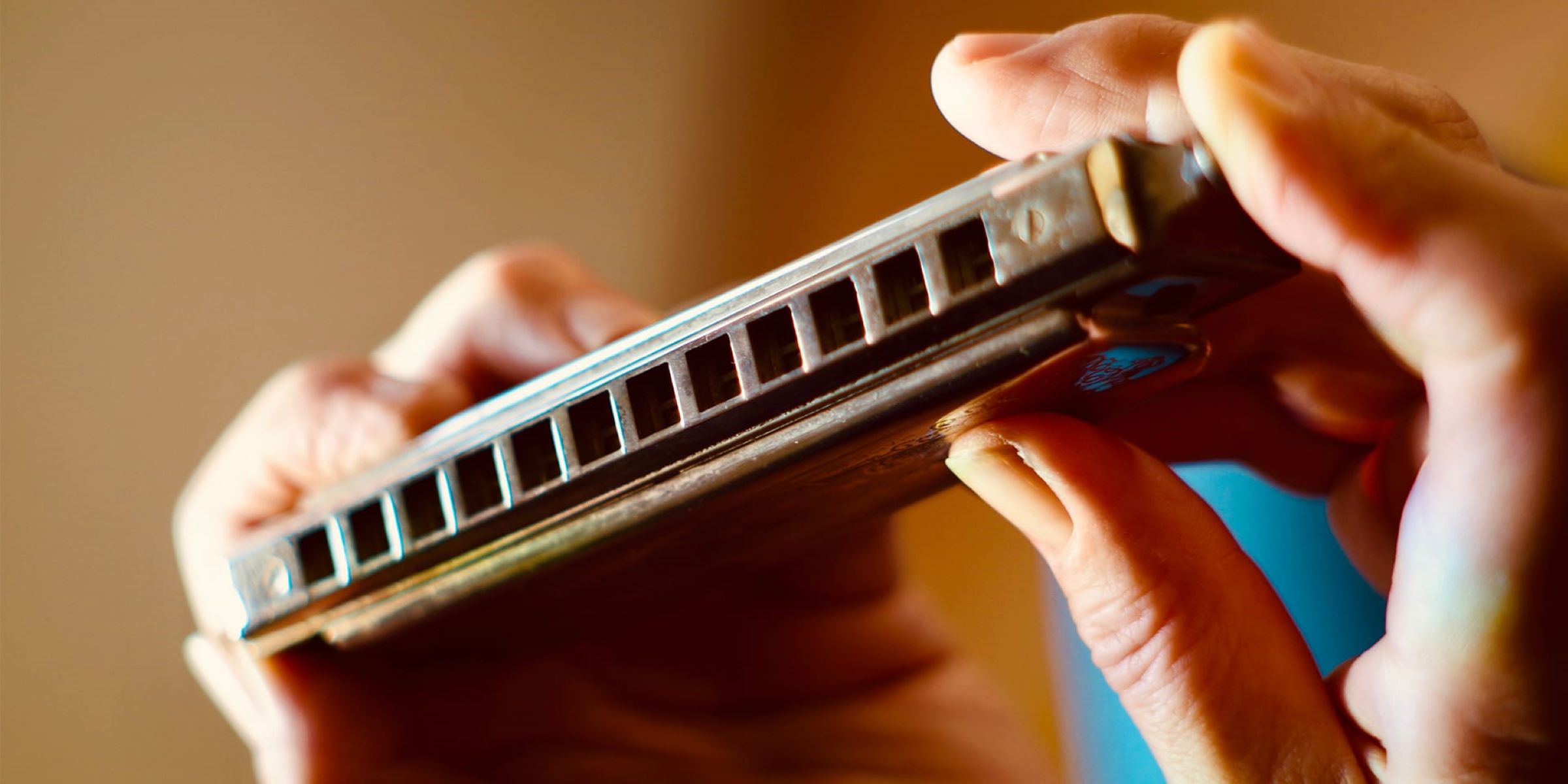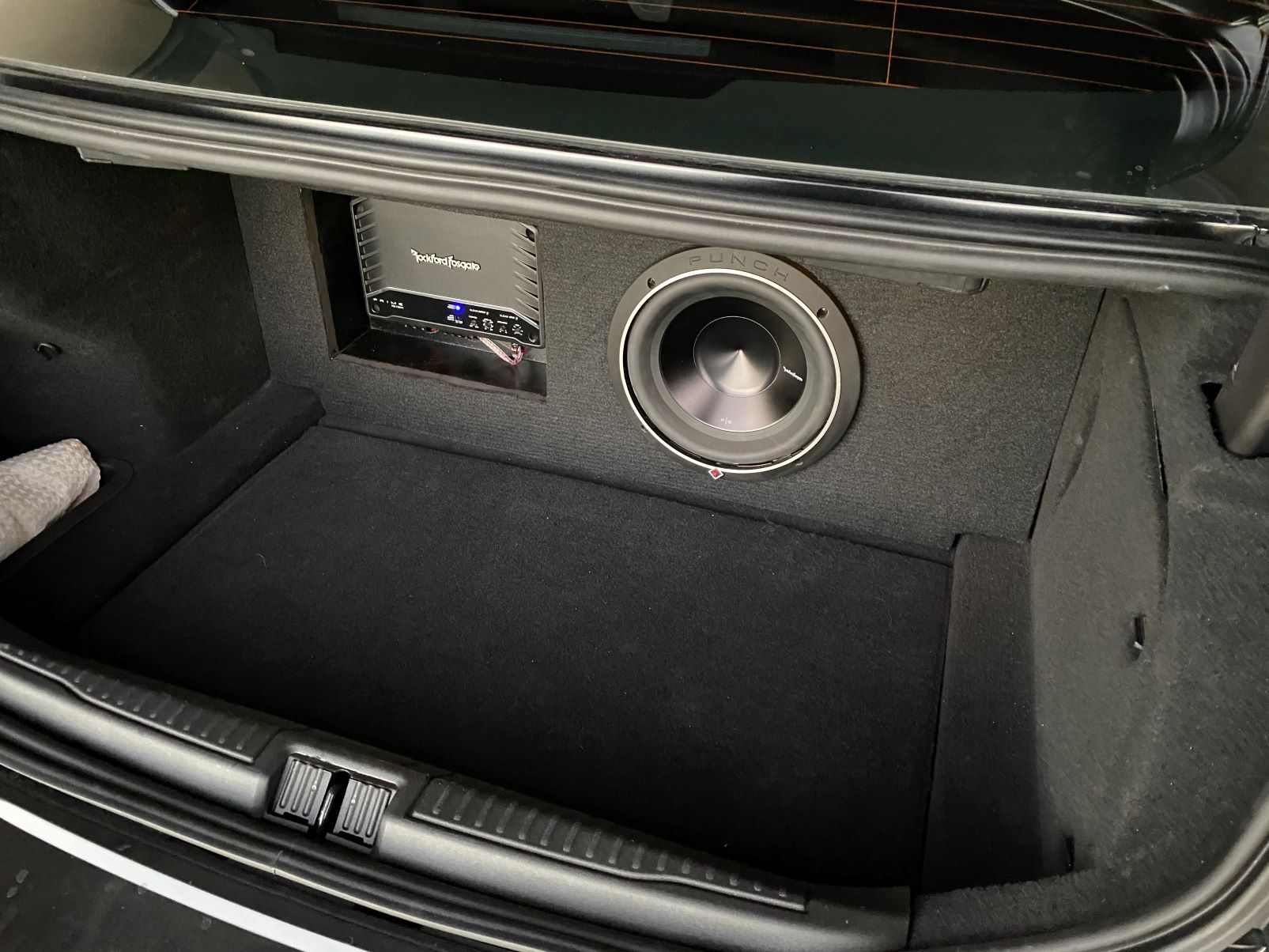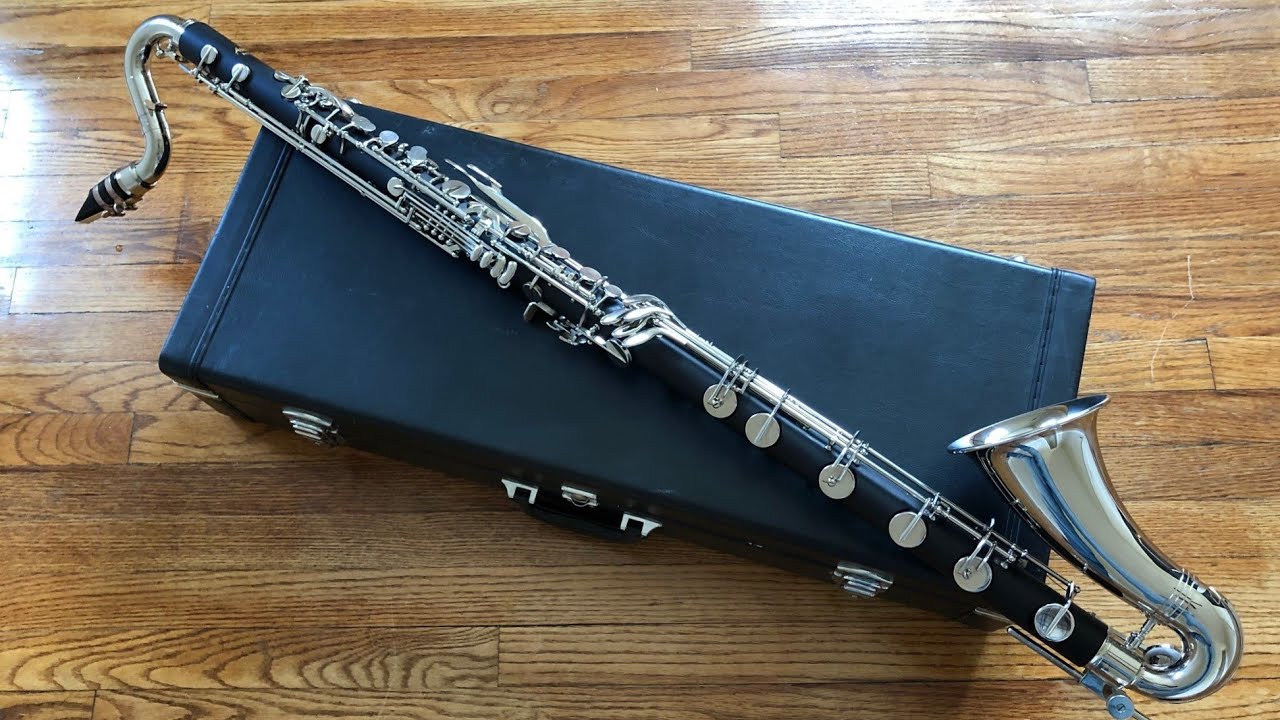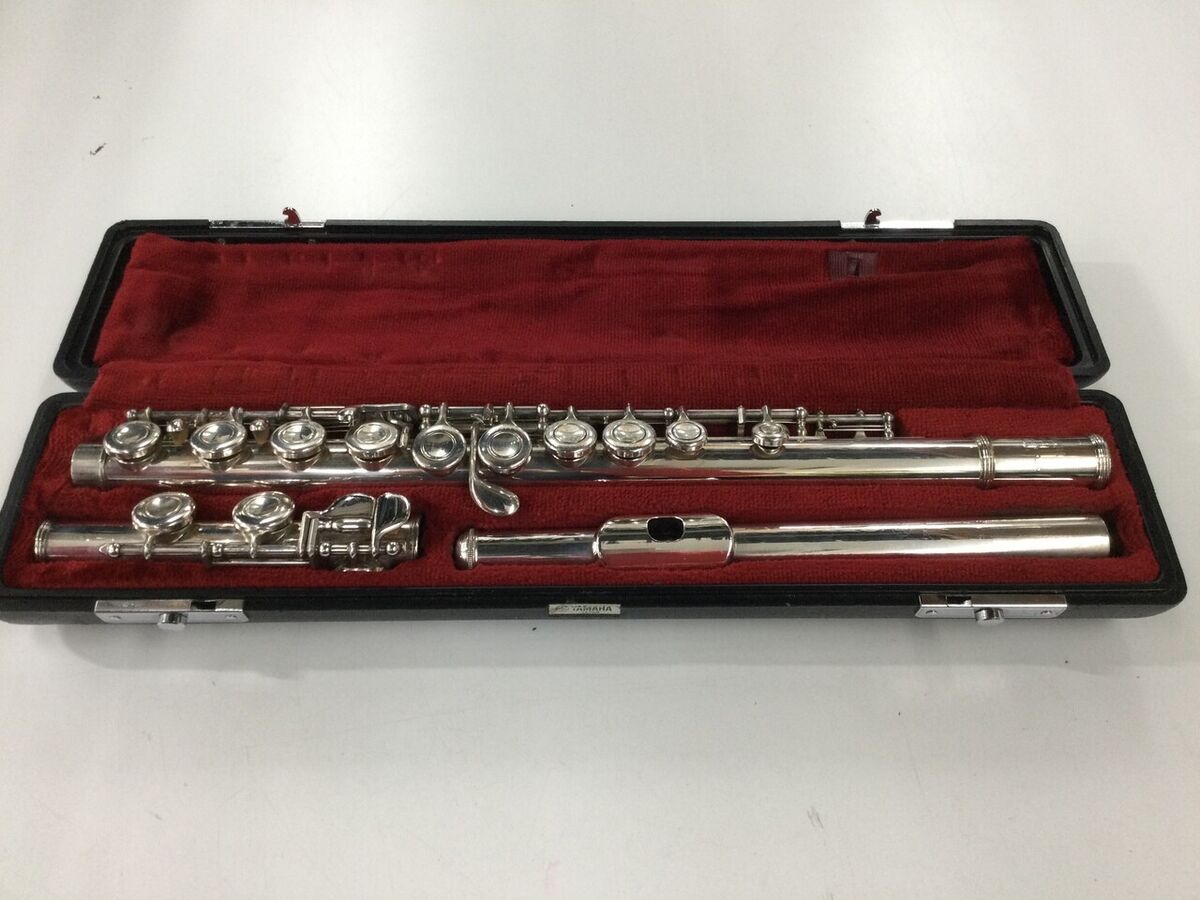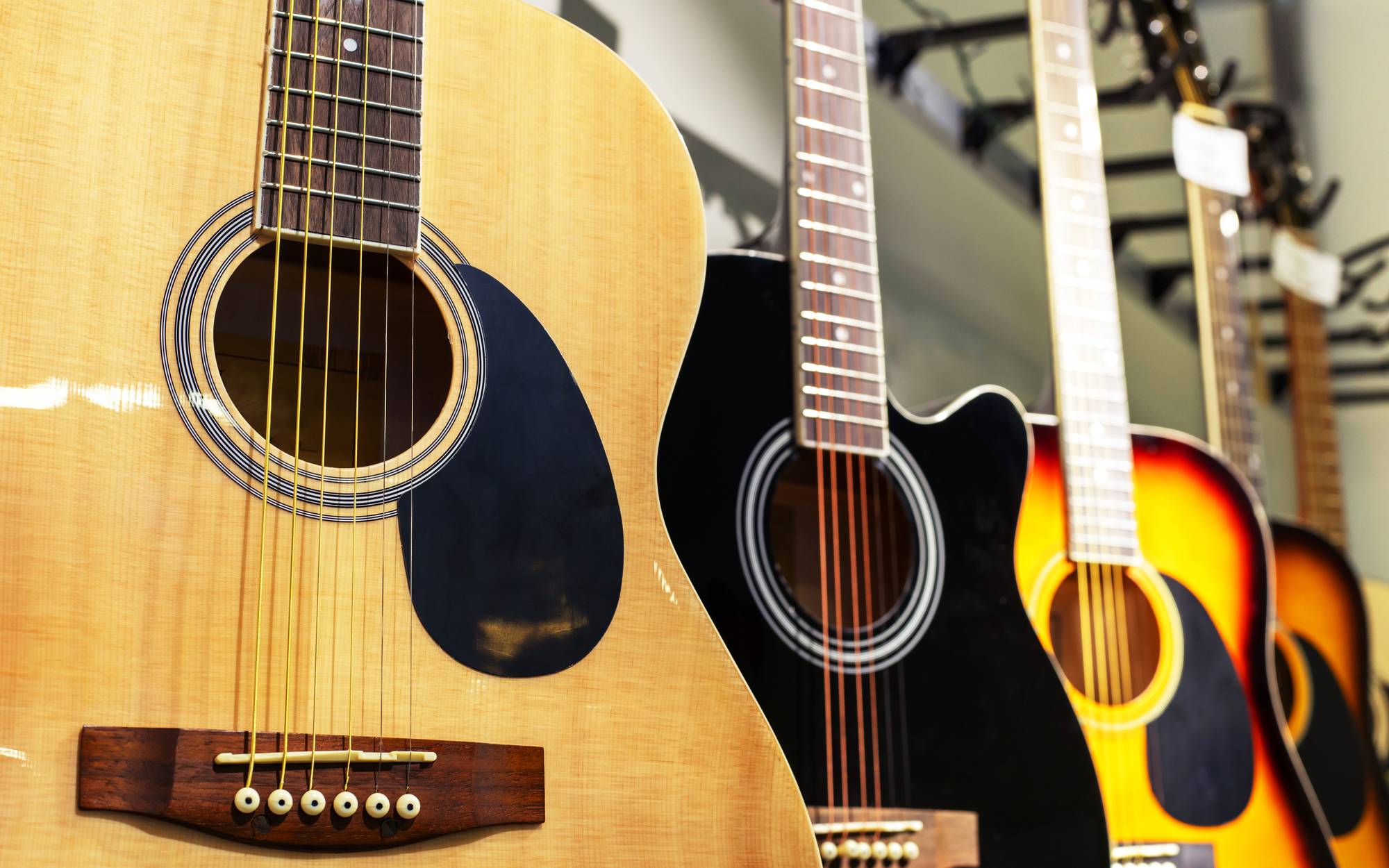

Classical
How Much Does A Classical Guitar Cost
Modified: January 22, 2024
Looking to buy a classical guitar? Find out the cost of a classical guitar and explore different price ranges. Discover your perfect instrument today!
(Many of the links in this article redirect to a specific reviewed product. Your purchase of these products through affiliate links helps to generate commission for AudioLover.com, at no extra cost. Learn more)
Table of Contents
- Introduction
- Factors Affecting the Cost of Classical Guitars
- Price Range for Entry-Level Classical Guitars
- Price Range for Intermediate Classical Guitars
- Price Range for Professional Classical Guitars
- Custom-Made Classical Guitars: Price Considerations
- Vintage Classical Guitars: Factors Influencing Prices
- Conclusion
Introduction
Classical guitars are renowned for their beautiful tones, rich history, and cultural significance. Whether you are a professional musician or an enthusiastic beginner, the allure of owning a classical guitar is undeniable. However, one crucial factor that often comes into play is the cost.
When it comes to purchasing a classical guitar, there are various factors that can influence its price. Understanding these factors is essential in making an informed decision and finding the guitar that best suits your needs and budget.
In this article, we will explore the different elements that can affect the cost of classical guitars. We will delve into the price ranges of entry-level, intermediate, and professional guitars, as well as discuss the considerations for custom-made and vintage guitars. By the end of this article, you will have a better understanding of what to expect when it comes to the price of classical guitars.
So, whether you’re a budding virtuoso or simply looking to add a beautiful instrument to your collection, let’s dive into the world of classical guitars and explore their varying price points.
Factors Affecting the Cost of Classical Guitars
When considering the cost of classical guitars, it’s important to understand the factors that contribute to their price. Here are some key elements that can affect the cost of a classical guitar:
- Materials: The choice of materials used in constructing a classical guitar has a significant impact on its price. High-quality tonewoods like spruce, cedar, mahogany, and rosewood are often used for the top, back, and sides, which can drive up the cost. Other factors like the quality of the bracing, the neck material, and the fretboard wood can also affect the price.
- Craftsmanship: The skill and craftsmanship of the luthier play a crucial role in determining the price of a classical guitar. Instruments that are meticulously crafted by experienced and renowned luthiers often command higher prices. The attention to detail, precision, and expertise invested in the guitar’s construction can greatly influence its cost.
- Brand Reputation: Well-established and renowned guitar brands often have a higher price tag due to their reputation for producing high-quality instruments. These brands have built a name for themselves through years of experience, research, and continuous improvement, which can justify the higher cost.
- Features and Extras: Additional features and extras can increase the price of a classical guitar. This can include decorative inlays, special finishes, upgraded hardware, and electronics for amplification. These extra bells and whistles can add to the aesthetic appeal and functionality of the instrument but come at an additional cost.
- Supply and Demand: Like any market, the supply and demand for classical guitars can influence their prices. Limited edition or vintage guitars that are in high demand can often command higher prices due to their rarity and desirability.
It’s important to note that while these factors contribute to the cost, they don’t necessarily guarantee a better playing experience. Expensive materials and brand names don’t always equate to a superior sounding instrument. Ultimately, the best classical guitar for you will depend on your personal preferences, playing style, and budget.
Price Range for Entry-Level Classical Guitars
If you’re a beginner or on a tight budget, entry-level classical guitars offer an affordable option to start your musical journey. These guitars are designed for beginners and offer a balance between quality and price. Here is a breakdown of the price range for entry-level classical guitars:
Low-End Entry-Level Guitars (Under $200): These guitars are typically mass-produced and made with laminated wood for the top, back, and sides. They may have lesser-known brand names or be produced by larger companies that cater to budget-conscious buyers. While they may lack some of the finer details and craftsmanship of higher-priced guitars, they can still provide a decent playing experience for beginners.
Mid-Range Entry-Level Guitars ($200 – $500): In this price range, you can find guitars with better craftsmanship and improved materials. These guitars often feature solid wood tops, which can enhance their tone and resonance. They may also include some decorative elements and better quality hardware. You can expect a more refined sound and overall better playability compared to the low-end options.
High-End Entry-Level Guitars ($500 – $1000): At the higher end of the entry-level range, you can find guitars that are handcrafted with better attention to detail. These guitars may feature solid wood tops, improved tonewoods for the back and sides, and better quality hardware. The sound quality and playability of these guitars can rival some mid-range instruments, making them a great choice for those willing to invest a bit more in their first guitar.
It’s important to note that while entry-level guitars can be a great starting point, they may have limitations in terms of projection, tonal quality, and overall playability compared to higher-priced models. As you progress and improve as a player, you may find the need to upgrade to a more advanced instrument to meet your evolving needs.
Remember to consider your budget, preferences, and long-term goals when selecting an entry-level classical guitar. It’s always recommended to try out different options and seek advice from experienced players or music store professionals before making your purchase.
Price Range for Intermediate Classical Guitars
If you have advanced beyond the beginner stage and are looking to upgrade your classical guitar, intermediate models offer a range of options that provide better craftsmanship and tonal quality. These guitars are designed for players who want to take their skills to the next level. Here is a breakdown of the price range for intermediate classical guitars:
Mid-Range Intermediate Guitars ($1000 – $2000): In this price range, you will find guitars with solid wood tops, back, and sides. The craftsmanship and attention to detail are generally higher compared to entry-level guitars. These guitars are often handcrafted and may feature improved bracing and design elements. The tonal quality and projection are significantly enhanced, offering a more nuanced and expressive sound.
High-End Intermediate Guitars ($2000 – $5000): At the higher end of the intermediate range, you will find guitars that are constructed with premium tonewoods and exceptional craftsmanship. These guitars often feature superior bracing techniques, intricate inlays, and higher-quality hardware. The attention to detail and the use of high-quality materials result in a nuanced and balanced sound with exceptional projection. Many professional musicians choose to play high-end intermediate guitars for their performance and recording needs.
It’s important to note that the price range for intermediate classical guitars can vary depending on the brand, luthier, and specific features. Ultimately, the price you pay will depend on your personal preferences, playing style, and desired sound.
When shopping for an intermediate classical guitar, it’s recommended to visit music stores and try out different models. Pay attention to the playability, tonal qualities, and overall feel of the instrument. Seek the advice of experienced players or a knowledgeable music store professional who can guide you in selecting the best guitar within your budget.
Investing in an intermediate classical guitar can greatly enhance your playing experience and help you develop as a musician. These guitars are built to meet the needs of advancing players and provide a platform for continued growth and musical exploration.
Price Range for Professional Classical Guitars
For serious musicians, professional classical guitars offer the highest level of craftsmanship, tonal quality, and playability. These guitars are meticulously crafted to meet the demands of professional musicians and are often made by renowned luthiers. Here is a breakdown of the price range for professional classical guitars:
Mid-Range Professional Guitars ($5000 – $10,000): In this price range, you will find guitars that are handcrafted with superb attention to detail and exceptional tonewoods. These instruments are built by skilled luthiers who have honed their craft over years of experience. They often feature intricate inlays, premium hardware, and refined bracing patterns that enhance both the aesthetics and sound of the guitar. The tone is rich, balanced, and highly responsive, making them ideal for professional performances and recordings.
High-End Professional Guitars ($10,000 and above): At the top end of the professional range, you will find guitars that are made by master luthiers and command a premium price. These instruments are crafted with the finest tonewoods, exquisite design details, and exceptional precision. Each guitar is a unique work of art, created with a deep understanding of tonal nuances and playability. The sound produced by these guitars is often described as breathtaking, with exceptional clarity, sustain, and projection. Professional classical guitarists who perform at the highest level often invest in these instruments to achieve the pinnacle of their musical expression.
It’s important to note that the price of professional classical guitars can vary significantly depending on factors such as the reputation of the luthier, the availability of rare tonewoods, and the demand for their instruments. Additionally, the individual characteristics and customization options of each guitar can also influence the price.
When considering a professional classical guitar, it’s crucial to spend time playing and comparing different models. The feel, responsiveness, and sound characteristics of each instrument can vary, even within the professional range. Seek guidance from experienced players or classical guitar experts who can offer valuable insights and help you find the guitar that suits your playing style and preferences.
Investing in a professional classical guitar is not only a financial commitment but also an investment in your musical journey. These instruments are designed to inspire and empower musicians to reach new heights of expression and artistry, making them a worthy choice for those dedicated to their craft.
Custom-Made Classical Guitars: Price Considerations
For those seeking a truly unique and personalized instrument, custom-made classical guitars offer a world of possibilities. These guitars are built to individual specifications, allowing musicians to tailor every aspect of the instrument to their preferences. However, the customization and craftsmanship involved in creating a custom-made guitar come at a price. Here are some considerations regarding the cost of custom-made classical guitars:
Materials: Custom-made guitars often feature premium tonewoods and materials selected to meet the player’s specific requirements. The choice of rare or highly sought-after woods can significantly impact the price of the guitar. The luthier may source wood with exceptional tonal qualities or incorporate decorative elements, such as intricate inlays or unique finishes, which can further increase the price.
Labor and Expertise: Crafting a custom-made guitar requires a high level of skill, time, and attention to detail. Luthiers spend hours meticulously shaping, assembling, and finishing the instrument. The labor-intensive nature of producing a custom guitar, along with the luthier’s expertise and reputation, contribute to the higher cost.
Customization Options: Custom-made guitars allow players to choose various design elements, such as body shape, scale length, neck profile, and fretboard material. Additionally, players can select their preferred hardware, bracing patterns, and even decide on specific tonal qualities they desire. The level of customization and the complexity of the requested modifications can impact the final price.
Rarity and Collectability: Some luthiers have gained acclaim for their exceptional craftsmanship, limited production capacity, or innovative design approaches. Guitars made by these renowned luthiers can become highly sought-after and collectible, which can lead to higher price tags.
Timeline and Waiting Lists: Custom-made guitars are often made-to-order, and the luthier’s workload and schedule can affect the price. Some highly regarded luthiers may have long waiting lists, and the exclusivity and demand for their instruments can command a higher price.
Due to the personalized nature of custom-made guitars, the cost can vary significantly. It’s crucial to communicate your specific requirements and budget to the luthier to ensure that the final price aligns with your expectations. Additionally, it’s important to research and select a reputable luthier known for their quality craftsmanship and customer satisfaction.
While custom-made guitars can be a significant investment, they offer a level of individuality and craftsmanship that is unparalleled. Having an instrument built specifically for you can result in a deep connection and enhanced playing experience, making it a worthwhile consideration for serious musicians who want a truly one-of-a-kind instrument.
Vintage Classical Guitars: Factors Influencing Prices
Vintage classical guitars have a certain allure and charm that can captivate musicians and collectors alike. These guitars, crafted years or even decades ago, hold a unique history and often possess a distinct tonal character. However, the price of a vintage classical guitar can vary greatly depending on several factors. Here are some key considerations that influence the prices of vintage classical guitars:
Age and Rarity: As with any vintage item, the age and rarity of a classical guitar can greatly impact its price. Guitars from specific eras or made by renowned luthiers may hold higher value due to their scarcity and historical significance. Guitars from the pre-war era, for example, are highly sought after by collectors and can command premium prices.
Condition: The condition of a vintage guitar is a crucial factor in determining its price. Guitars that have been well-preserved and maintained over the years will generally be valued higher than those with significant wear and damage. Originality, such as having the original finish, hardware, and components, can also contribute to the guitar’s value.
Brand and Luthier: The reputation of the brand or luthier who crafted the vintage guitar can significantly influence its price. Guitars made by renowned luthiers such as Antonio Torres, Hermann Hauser, or Ignacio Fleta are highly revered and sought after by collectors and professional musicians.
Sound Quality and Playability: The tonal characteristics and playability of a vintage guitar can greatly affect its price. Guitars with exceptional sound quality, projection, and responsiveness will be highly regarded and typically demand higher prices. Professional musicians often seek vintage instruments that offer a unique and inspiring playing experience.
Provenance: The detailed history and provenance of a vintage guitar can add to its value. Guitars with a documented lineage, such as those played by famous musicians or part of significant events, can carry additional prestige and fetch higher prices.
Market Demand and Collectability: The overall market demand for vintage classical guitars can influence their prices. If a particular era or style of guitar becomes popular among collectors or is highly sought after by professional musicians, the prices of such guitars may rise. Rarity, collectability, and supply and demand dynamics all play a role in determining the market value of a vintage instrument.
It’s important to note that the purchase of a vintage classical guitar requires careful consideration and expert evaluation. Seek the guidance of reputable vintage guitar dealers or experienced luthiers who can provide insights on authenticity, condition, and valuation. Additionally, be diligent in researching the guitar’s history, provenance, and market trends to ensure that you are making an informed decision.
Owning a vintage classical guitar can offer a connection to the past, a unique tonal palette, and a piece of music history. However, the prices of these instruments can vary greatly, so it’s essential to take your time, do your research, and consult with experts to find the right vintage guitar that meets your needs and budget.
Conclusion
Classical guitars have long been cherished for their timeless beauty and enchanting sound. Understanding the factors that influence the cost of classical guitars can help you navigate the market and find the instrument that suits both your musical aspirations and financial considerations.
From entry-level guitars designed for beginners to professional instruments crafted to meet the demands of virtuoso players, there is a wide range of options available at various price points.
For beginners or those on a budget, entry-level guitars offer a solid starting point without breaking the bank. As you progress, intermediate guitars provide an upgrade in craftsmanship and tonal quality, while professional guitars cater to serious musicians seeking the utmost in performance and artistry.
Custom-made classical guitars offer the opportunity for a truly unique and personalized instrument, allowing you to tailor every aspect to your liking. Vintage guitars, on the other hand, hold a special allure, with their historical significance and distinctive tonal characteristics.
It’s important to consider factors such as materials, craftsmanship, brand reputation, and customization options when evaluating the price of a classical guitar. However, it’s equally important to remember that cost is not the only determinant of a guitar’s quality or playability.
Ultimately, finding the right classical guitar involves a balance between your personal preferences, budget, and long-term musical goals. Take the time to try out different guitars, seek advice from experts, and explore the diverse options available.
Whether you’re a beginner embarking on your musical journey or an experienced player in search of your next instrument, investing in a classical guitar that resonates with your heart and soul will bring you endless joy and inspire you to create beautiful music for years to come.





